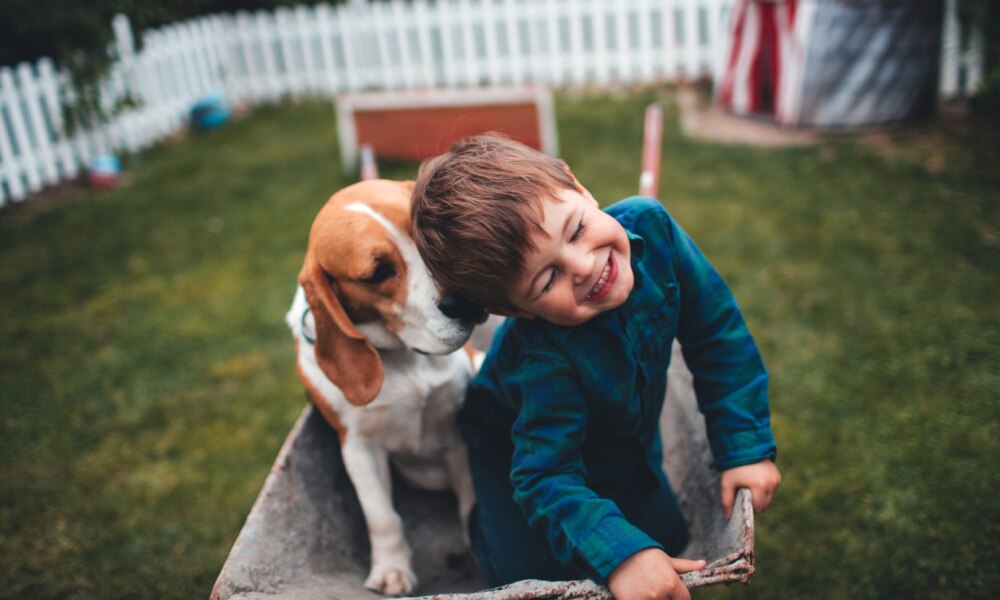Having a furry, feathered, or scaly friend can have a profound impact on a child’s development. Pets not only provide companionship and entertainment, but they also teach valuable life skills such as responsibility and empathy.
Teaching Responsibility
One of the most important lessons a pet can teach a child is responsibility. Caring for a pet requires daily tasks such as feeding, grooming, and exercising. Children who have pets learn that their actions have consequences and that they must take care of their furry friend in order to keep them healthy and happy.
Furthermore, having a pet can also teach children the importance of consistency and routine. Pets thrive on routine and structure, and children who take on the responsibility of caring for a pet learn the value of following a routine and sticking to a schedule.
Teaching Empathy
Pets can also teach children empathy and compassion. Children who have pets learn to recognize their pet’s emotions and respond to their needs. This ability to understand and respond to another living being’s emotions can translate to other areas of their life, such as their interactions with other people.
Additionally, pets can help children develop social skills. For example, taking a dog for a walk can provide an opportunity for children to interact with other dog owners and their pets. This can help children develop confidence and social skills that they can use in other social situations.
Choosing the Right Pet
While pets can have a positive impact on a child’s development, it’s important to choose the right pet for your family. Consider factors such as your family’s lifestyle, living situation, and the amount of time and resources you can dedicate to caring for a pet.
Some good options for families with children include dogs, cats, and small animals such as hamsters or guinea pigs. However, it’s important to do your research and choose a pet that is compatible with your family’s needs and lifestyle.
Pets can have a significant impact on a child’s development by teaching them valuable life skills such as responsibility and empathy. However, it’s important to choose the right pet for your family and ensure that you are able to provide the necessary care and attention that a pet requires.
- Teaching Responsibility: Pets teach children the importance of daily tasks and routine.
- Teaching Empathy: Pets help children develop empathy, social skills, and the ability to recognize and respond to emotions.
- Choosing the Right Pet: Consider your family’s lifestyle and resources when choosing a pet.













Comments